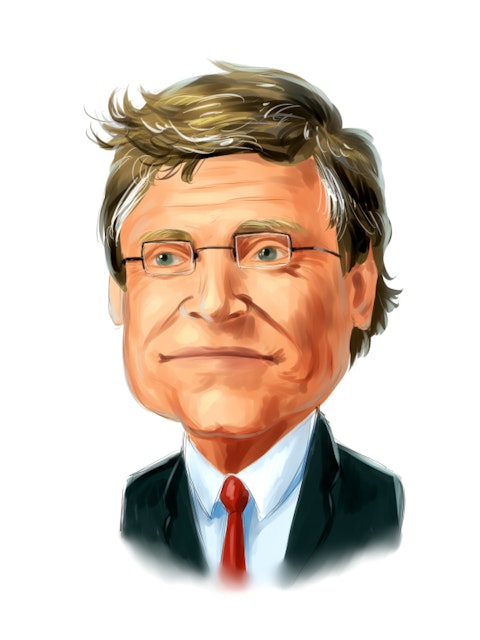
After the credit debacle of 2007-2010, numerous underperforming car dealerships closed. 12% of total dealerships have closed since 2008. The car dealerships that survived gained market share from the ones closed and they are proving to be attractive acquisition targets. Many of these will be targets of AutoNation, as AutoNation seeks to streamline the high margin revenue categories of parts and service, and consolidate the acquired dealership’s SG&A costs onto their efficient platform.
AutoNation has done a great job of allocating capital and increasing their earnings and cash flow. The stock currently trades at $34.74, 14% above its 52 week low. This is interesting despite the company increased same store sales by 8% in 2011 from 2010. It increased its profit margin on new car sales by 12%. AutoNation is poised for more growth as the nation’s economy recovers and interest rates are kept at a historical low.
AutoNation is the nation’s largest automotive retailer. Its revenue was $3.7 billion in the 2011 fourth quarter alone. The differentiator between AutoNation and others has been its ability to grow the high margin area of premium vehicles. Vehicles like Mercedes, BMW, Porsche, Land Rover have owners that demand premium service. With that premium service, comes a premium margin! AutoNation is aggressively pursuing an information technology platform that will increase revenue in the parts and service category. All dealerships pursue a plan to increase their revenue in parts and service. Only one, AutoNation, have Bill Gates’ investment firm’s information technology expertise to minimize costs to increase profit margin in this category.
Information technology is vital in customer acquisition and retention. The data gathered by each dealership is necessary for them to come up with a product mix. The company uses its size and scale to increase it visibility on the internet via sites such as Ebay, and social networks such as Facebook.
How does this stack up against competition? Well first, competitors like CarMax (KMX) also have strong financials. Carmax is owned by fund managers Tom Gaynor, Robert Rodriguez, Patrick McCormick, Phill Gross, Jeffrey Vinik, and value investor, Chuck Akre. The value these managers see is that CarMax is increasing its revenue while controlling its costs. $100 dollars invested in CarMax in 2006 would be worth $225 in 2011. Compared to AutoNation, $100 dollars invested in 2006 would have a value of $172. The difference of 43% would seem to make a case for CarMax over AutoNation.
However, CarMax only sells warranty plans for other third party providers. The most profitable part of the lifecycle of a car is the service component. CarMax has punted on this, while AutoNation makes headway in this area.
A case can be made for bypassing investing in dealerships, and investing in manufacturers such as Ford (NYSE:F), GM (NYSE:GM), Toyota (TM), and Honda (HMC). Toyota and Honda have high PE ratios and trade at a premium despite their recent troubles. On the other hand GM and Ford are priced for a decline in auto sales. We think auto sales will be better than expected in 2012. Currently GM and Ford has single digit trailing PE ratios. General Motors’ 2012 PE ratio is also around 6.6, whereas AutoNation’s forward PE is almost 2.5 times higher. We believe GM would be a safer bet for long-term investors.